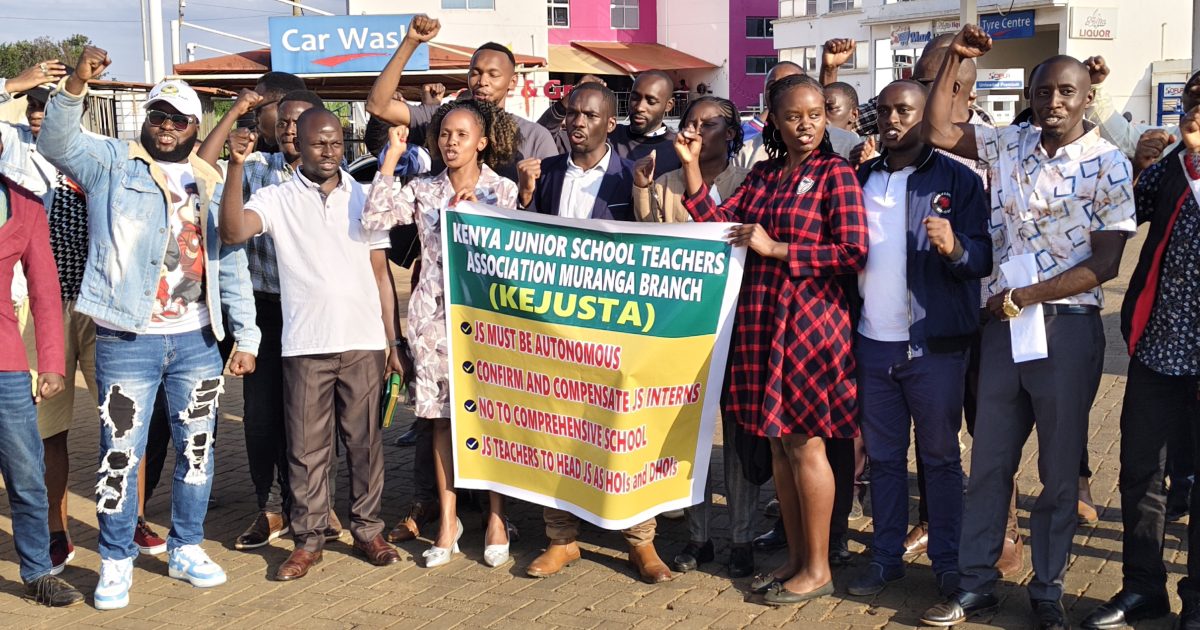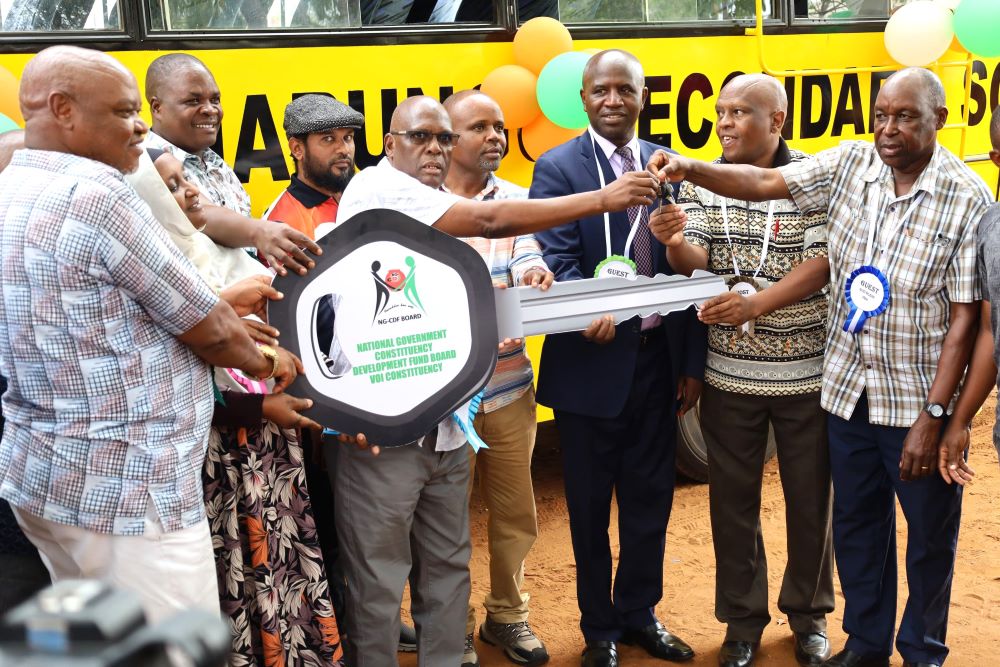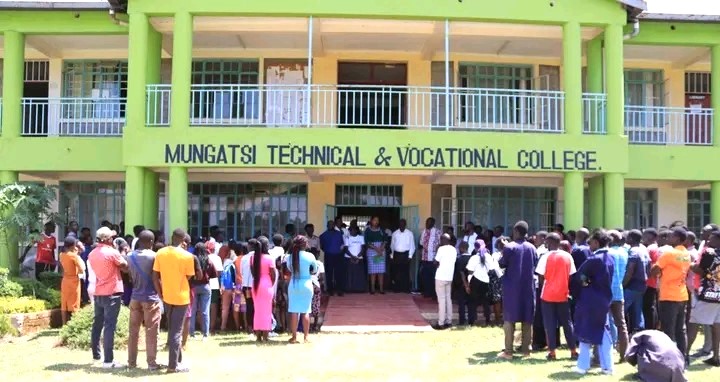The Kenya Junior Secondary Teachers Association (KEJUSTA) has strongly defended its call for the autonomy of Junior Secondary Schools (JSS), following remarks by the Kenya National Union of Teachers (KNUT) Secretary General, Collins Oyuu, which appeared to downplay the role of JSS teachers in the success of the new education system.
In a statement issued by KEJUSTA Secretary General Paul Wakhungu, the association accused Oyuu of making misleading comments during a recent address to primary school heads in Mombasa, saying his remarks sought to “discredit a legitimate and lawful call” for JSS autonomy.
Wakhungu said the success of the Junior Secondary School rollout has been sustained almost entirely by JSS teachers, who have taken up academic, administrative, and psychosocial responsibilities to ensure the system runs smoothly.
“From lesson delivery and mentorship to assessments and parental engagement, JSS teachers have gone above and beyond their official duties to safeguard the future of this critical education tier,” he said.
The association dismissed claims that primary school headteachers had been responsible for the delivery of learners to Grade 9, saying that most of them are not qualified under Teachers Service Commission (TSC) standards to teach at post-primary levels.
“The assertion that headteachers have delivered learners to the completion of Grade 9 is misleading and undermines the work of classroom teachers,” the statement read in part.
KEJUSTA maintained that its call for autonomy is anchored on fairness, professionalism, and accountability, arguing that JSS teachers have for two years operated under “a structure that subordinates them within primary schools.”
READ ALSO:
No more university strikes until 2030, says Education CS Ogamba
Wakhungu said many teachers have been sidelined in decision-making, denied access to capitation information, and subjected to working conditions inconsistent with post-primary norms, even as reports of capitation mismanagement persist.
He further clarified that the push for autonomy was not aimed at dividing teachers but ensuring clear structures for growth and accountability for both primary and JSS educators.
“Contrary to propaganda, KEJUSTA’s call for autonomy does not seek to divide teachers. It seeks to protect all educators and ensure fair professional progression,” Wakhungu added.
The association reaffirmed its confidence in the High Court Petition No. E674 of 2025, filed under a certificate of urgency, saying it represents a legitimate pursuit of constitutional justice.
Wakhungu urged JSS teachers to remain calm and united as the case proceeds, saying the association’s pursuit of autonomy was “a pursuit of dignity for teachers, learners, and the education system at large.”
By our reporter
You can also follow our social media pages on Twitter: Education News KE and Facebook: Education News Newspaper for timely updates.
>>> Click here to stay up-to-date with trending regional stories
>>> Click here to read more informed opinions on the country’s education landscape
>>> Click here to stay ahead with the latest national news.






